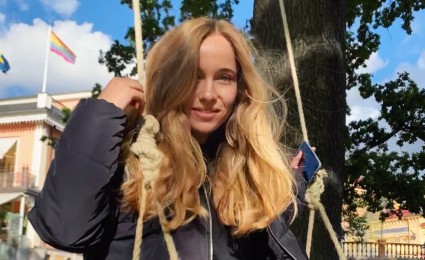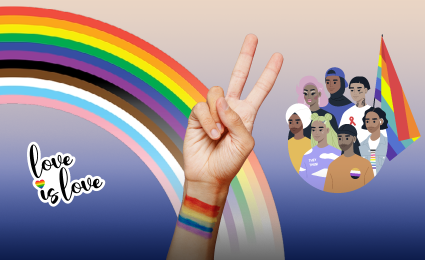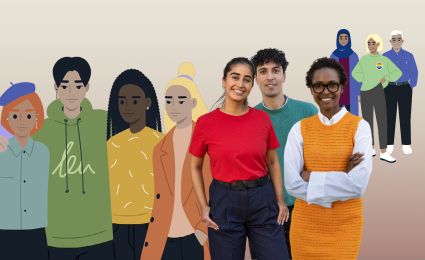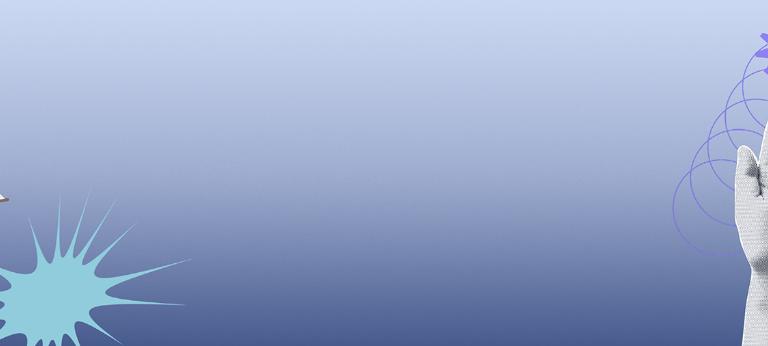
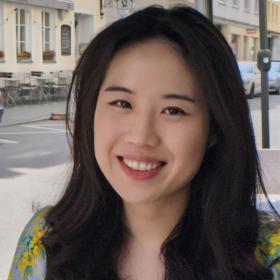
Chi-Ting, Senior Consultant
Chemistry
"A career in consulting has continuously proven to be an enlightening and opportunity-laden journey for me."
What educational/academic background do you have?
A B.Sc. from National Taiwan University and an M.Sc. in Chemistry from the Technical University of Munich.
Why did you decide to go into consulting?
It was at the pivotal moment, where I found myself standing at a crossroads of pursuing a Ph.D. or entering the job market, that I learned more about the consulting world. It was not difficult to recognize the value it held – a career path offering a steep learning curve, exposure to diverse industries and interesting topics, and the opportunity to witness tangible and more immediate impacts of our efforts. Ever since, a career in consulting has continuously proven to be an enlightening and opportunity-laden journey for me.
What is or has been the biggest challenge for you in consulting?
One aspect I can potentially draw a connection to in my educational background in science is the exquisitely honed aptitude for research and analysis, almost like an overtrained muscle, which intensifies particularly in the era of information explosion, where seemingly endless resources abound. Especially during the early days of my career, the inclination to invest deeply in researching, analyzing and finding a "perfect" and "definite" answer, for me, represented a risk of falling into the trap of "paralysis by analysis". Fortunately, I stumbled upon the 80/20 rule early on, and learned to temper the "scientist mindset" when necessary. Today I find myself continuously evolving in the pursuit of pragmatic perfectionism and have delightfully seen growth in my capacity to navigate and find solace even amidst ambiguity.
How can you use your skills at Roland Berger?
We have no shortage of projects that demand a high degree of analytical/quantitative skills and technical knowledge, making a science background and training tremendously useful. Chemistry, in particular, permeates numerous industries, and the education provides me with not only a solid foundation but also great adaptability to work in other adjacent sectors. As a concrete example, my academic and practical experience equipped me with hands-on understanding of R&D and production processes, enabling me to engage in meaningful discussions with clients and industry experts on a more operational level. Personally, I find it fulfilling that working at Roland Berger allows me to remain connected to my academic roots in various ways – for example, site visits, where I get to don goggles and a lab coat once again, often evoke a sense of nostalgia that I enjoy.
What did you learn that you will never need here?
In a split second, a multitude of examples flashed through my mind: how to formulate a biocompatible polymer for 3D printing, how to manually synthesize peptides, how to interpret 2D NMR spectra, and the list of how-to's goes on. Now, I do not intend to negate the benefits of my 7-year training in chemistry. Chemistry is truly ubiquitous. I can also compile a long list of skills I acquired that, while not directly relevant to consulting, color my everyday life. The list would start with: how to help a mortified friend remove a stubborn, water-resistant black stain on their foot using just sunscreen (and the "like-dissolves-like" rule) during a sunny but resource-deprived day on a California beach.
Which of your skills from your background makes your consulting life easier?
Curiosity (if we agree to consider it a learnable skill). While not solely attributed to my educational background, my intellectual curiosity has undoubtedly developed further through it. The significance of curiosity and the desire to learn new things, to me, cannot be overstated in my consulting life. It is a powerful motivator, especially during challenging phases. Moreover, I feel fortunate to be able to see a continual growth of my curiosity and inquisitiveness as a consultant on this ongoing journey, thanks to our regular immersion in a profusion of intellectually stimulating topics.
What did you want to be as a child and what would you love to be today if you weren't a consultant?
Travel writer was once my dream as a child. (Interestingly, working as a consultant sort of helps realize the travel aspect of that dream. And to be fair, a reasonable portion of our work involves writing, too, albeit in a more data-driven and factual manner rather than an overly ornate style.) Today, in a parallel universe, I can imagine myself working in a sustainability-related field such as circular economy and decarbonization, or perhaps launching a sustainable and consumer-centric personal care line sans pseudoscience and fear-mongering marketing campaigns.
How does your team benefit from your skills?
There are many dimensions. One benefit would be speaking the same language as clients with a technical background, even when it gets down to the nitty-gritty side of things, which is often appreciated by client teams. Further, understanding the chemistry is not only advantageous when working with clients already active in the chemicals space, but also when clients from other sectors seek our industry expertise and subject knowledge, where we are positioned as the gateway into the expansive realm of chemicals and support them in exploring attractive growth prospects.
What has been your favorite moment/project since you joined Roland Berger as a consultant?
Among the myriad of noteworthy experiences, I'd highlight my recent ventures to the UAE for two projects. Alongside engaging in exciting projects and working in remarkably diverse teams, I was able to experience the country through first-hand encounters with Ramadan traditions, networking over a picturesque beachside iftar during a team event, exploring local fauna and culture on a desert expedition in a classic Land Rover, overlooking downtown Dubai from atop the Burj Khalifa, strolling along the Palm under scorching 40°C heat, taking a dip in the Persian Gulf, indulging in the delectable array of gastronomy, and countless other memorable moments.

